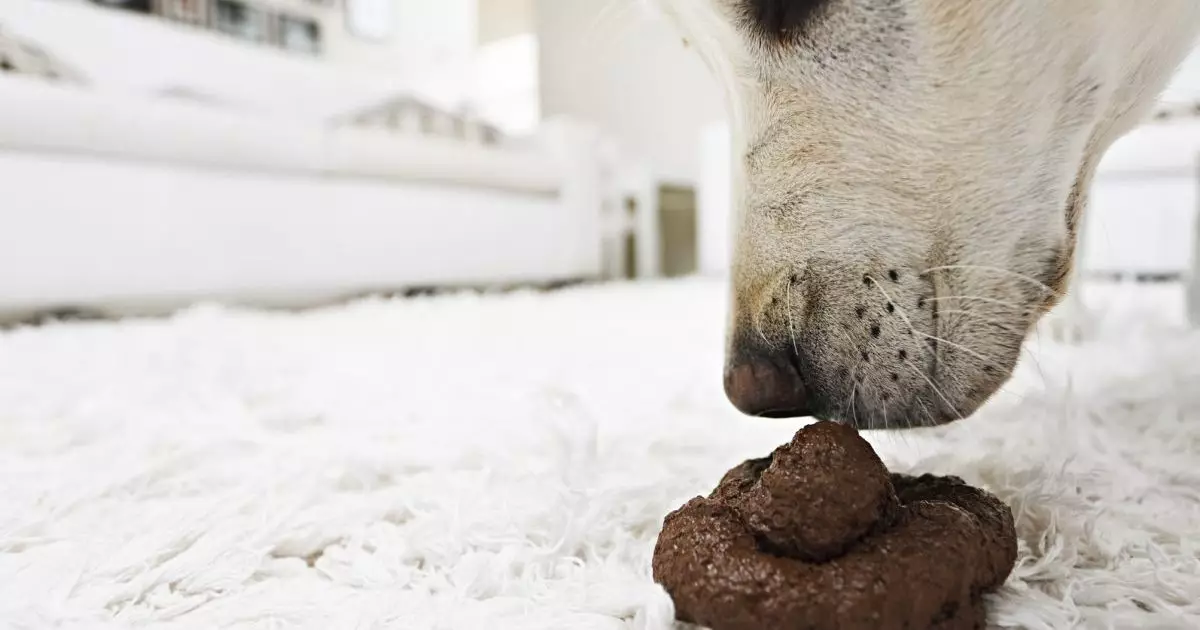As devoted pet parents, we often find ourselves enchanted by our furry companions. However, the reality of dog ownership comes with its challenges, particularly when dealing with certain undesirable behaviors. Among the most concerning and perplexing are coprophagia—commonly known as poop-eating—and scooting, where dogs drag their behinds across floors. Understanding these behaviors not only helps in dealing with them but also fosters a healthier relationship between pet and owner.
Coprophagia, the act of eating feces, is embedded in various dog breeds and serves numerous behavioral purposes, often leaving their owners baffled and a little disgusted. Puppies, in particular, are prone to this behavior due to their natural instinct to explore food sources in their environment. For them, feces can unexpectedly resemble the regurgitated food they were once fed by their mother.
To many pet parents, this habit may seem utterly repulsive. However, it’s essential to recognize that, for dogs, poop is not inherently unappetizing. This more significant challenge is accentuated in households where dogs coexist with other pets, particularly cats. Dog owners often discover their pups savoring cat feces, which can be more enticing due to its generally higher protein content.
While coprophagia may induce embarrassment, it rarely poses significant health risks for healthy dogs. Vaccinated canines are often impervious to infections that may arise from eating feces. Nonetheless, vigilance is necessary, especially if a dog habitually feeds on waste in the neighborhood. This indiscriminate eating may increase the likelihood of contracting intestinal worms, necessitating regular vet check-ups and fecal screenings to monitor their health.
Additionally, pet owners should be wary of the hidden dangers tied to their pets consuming cat litter. The clumping variety can expand in a dog’s digestive system, leading to severe complications such as vomiting or diarrhea. This reinforces the necessity for supervision and essential modifications in the home environment to deter such behavior.
The primary step in tackling coprophagia is to minimize temptation. This can be done by maintaining a clean outdoor space, promptly scooping up waste, and keeping dogs leashed in high-risk areas like parks. Moreover, controlling a dog’s dietary intake is crucial. Providing a high-quality diet with adequate proteins and limiting carbohydrates can curb the urge to explore feces as a nutritional source.
Interestingly, some dog owners have had success in modifying their pet’s behavior using home remedies. Small amounts of canned spinach or pineapple can make stool less palatable, while commercially available additives also claim to fulfill this role. However, understanding that dogs may seek feces for attention or as a response to stress is equally important. Rewarding your dog for positive behaviors and not reacting negatively to mistakes can foster a more fruitful training environment.
Scooting can also become an embarrassing part of pet ownership. There’s often a direct relationship between scooting and a dog’s anal sacks needing attention. These glands can become full or inflamed, causing discomfort for your pet. In such cases, visiting a groomer or vet for assistance in expressing anal glands is a straightforward solution.
However, scooting can also indicate other issues, including allergies or intestinal parasites. Therefore, recognizing potential underlying conditions early on is critical to ensure your dog’s well-being.
Navigating these unpleasant habits requires commitment and understanding from pet parents. By proactively managing their environment, keeping up with veterinary care, and addressing any behavioral concerns, pet owners can foster a happier and healthier relationship with their four-legged friends. Encouraging positive behaviors through consistent training and management offers a more substantial long-term solution than punitive measures.
While dealing with unwanted habits in dogs can be incredibly trying, it is essential to view these behaviors through a lens of empathy and understanding. With patience and commitment, along with expert advice and environmental modifications, pet owners can help their dogs overcome these challenges while preserving the joy that comes with being a pet parent.

